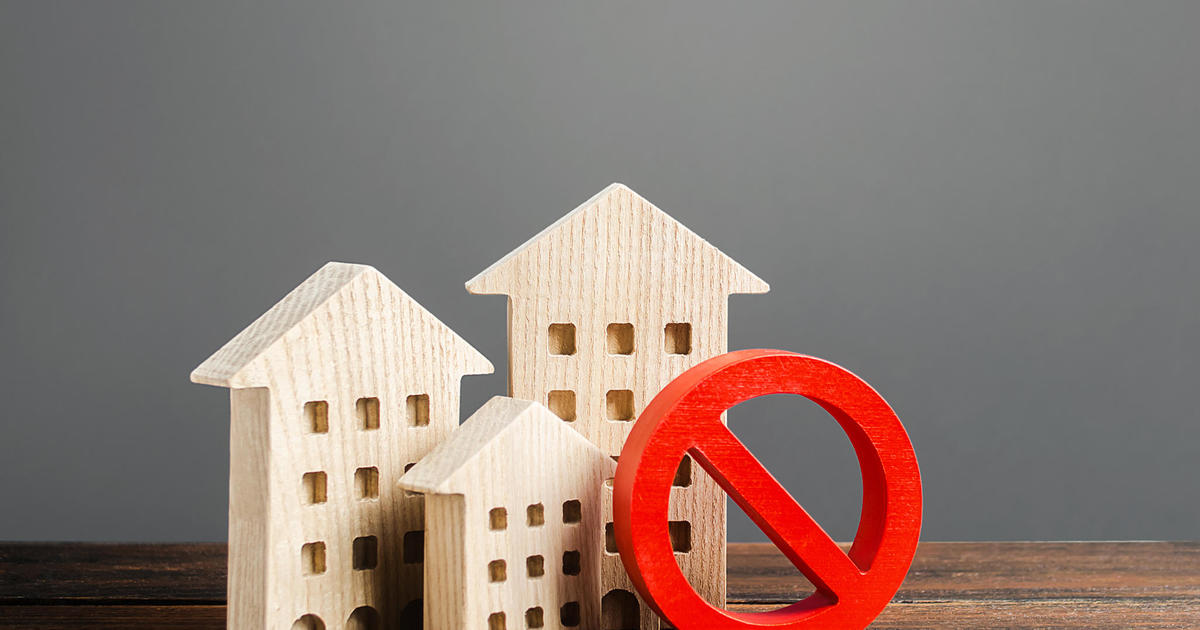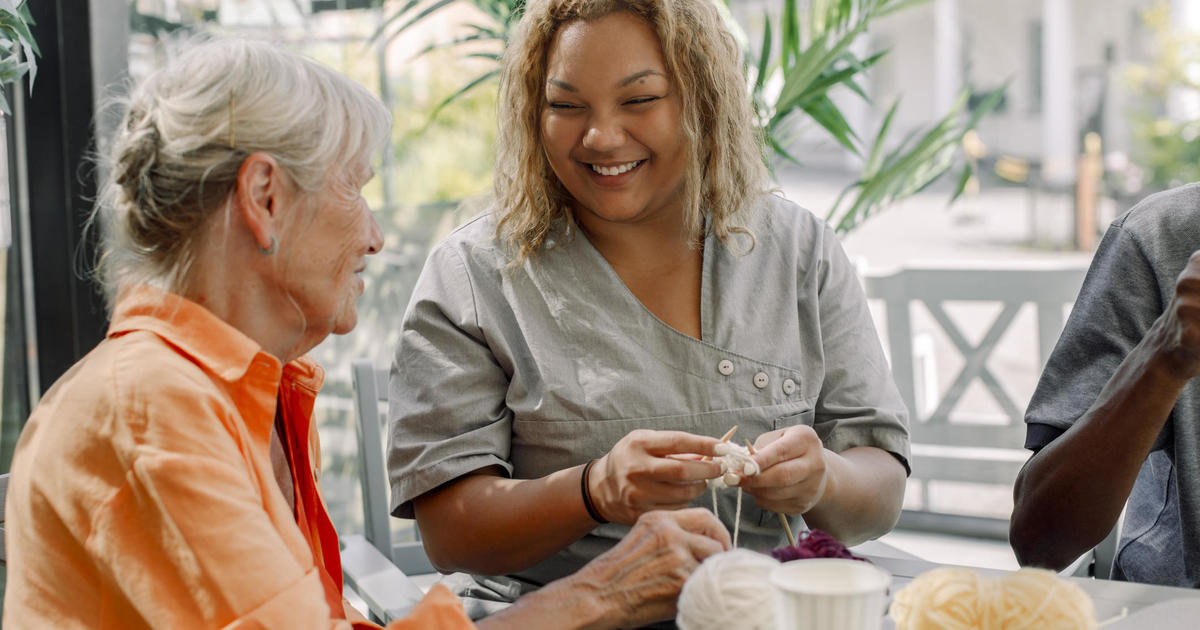For African-Americans, a dispiriting step backward
For many black Americans, owning a piece of the American Dream is nothing but a fading reverie.
According to research from the Urban Institute, homeownership rates for blacks in the U.S. have slumped since 2000 and are now below their level in 1970, a distressing backward step from the progress made in previous decades. Although homeownership rates are declining for all age groups and races, African-Americans are the hardest-hit among all demographic groups, Laurie Goodman, co-director of Urban’s Housing Finance Policy Center.
The trend is troubling because homeownership has served as an effective way to for people to build wealth and achieve financial stability. Paying a mortgage works as a forced savings mechanism, since homeowners sock away money toward their principal every month. The declining homeownership rate could snowball into a devastating chapter in black Americans’ economic well-being, leading to greater racial inequality and higher rates of poverty, especially in old age when many Americans rely on their home equity to fund retirement.
“The black community has just been hit really, really hard,” Goodman said. “The irony is homeownership is the best way to build wealth by far. What worries me is that we’re in a self-perpetuating cycle.”
Homeownership rates have declined across the board in the U.S., to be sure. Americans are stepping back from the property market, although not always by choice, Goodman noted. Tighter lending standards and stagnant wages have played their part in reducing homeownership rates.
The homeownership rate for white households stood at 71.1 percent in 2015, compared with 72.9 percent in 2000. While the homeownership rate has traditionally been lower for blacks than whites, the gap has widened in recent years. In 2000, about 47.3 percent of black households owned their homes, while the share dropped to 41.2 percent by 2015.
Stagnant incomes are partially to blame. The earnings gap between whites and blacks has widened since 1979, according to the Economic Policy Institute. Blacks generally earn less than white workers, making it hard to save for a downpayment.
The recession was especially tough on blacks, according to research from the Federal Reserve Bank of St. Louis. Even college-educated black workers, who have higher earnings than their less educated cohort, weren’t protected by the impact of the economic downturn, economists found. One theory: Many of them bought homes in minority neighborhoods, which haven’t benefitted from the same rebound in housing prices as predominantly white areas.
Black consumers are less likely to have high credit scores than white borrowers, according to Bankrate.com. Higher credit scores are tied to lower interest rates, which means some black borrowers may face higher lending costs, adding to the difficulty in affording a home.
Aside from rates and income, there’s another issue that may be coming into play: changing views on homeownership. The recession scared some Americans away from committing to homeownership. Others are delaying marriage and kids, which are other traditional points when Americans decide to buy homes.
“I see the difference between me and my kids,” Goodman said. “My son said to me last year, ‘Mom, I’m 34, I have a kid on the way, and I own my own home. Where were you at 34?’ I said, “I had owned a home for 10 years and, by the way, you were eight.”
She added, “If you are a homeowner at 35 rather than 24, you are a homeowner for less of your life” and have fewer years to save and build equity.
Black Americans in Generation X (born between 1966 to 1975) are those at most risk by eroding homeownership rates, the Urban Institute, a centrist think tank, found. More of this generation lost their homes than bought houses after 2010, which it called unprecedented.
The losses for black Americans reverses decades of progress following the 1968 Fair Housing Act, which made it unlawful to discriminate against a buyer or renter because of their race, color, religion, gender, family status or country of origin.
Despite the law, black homeowners were victims of risky mortgages that fueled the housing crisis. In 2012, Wells Fargo (WFC) settled allegations that it had discriminated against black and Hispanic borrowers, some of whom were pushed into subprime mortgages and paid higher rates and fees than whites.
It’s not only mortgages where minorities have faced obstacles A new study from ProPublica and Consumer Reports found that residents of urban minority neighborhoods could be paying as much as 30 percent more for car insurance than those in white areas.
As for boosting the homeownership rate among Americans of all ages and races, Goodman said a few policy changes could help, such as increasing the housing supply for both renters and homeowners. Broader credit availability would also help.
“We’re taking half the credit risk we were taking in 2001,” she said. “There should be greater tolerance to allow people to become owners.”



